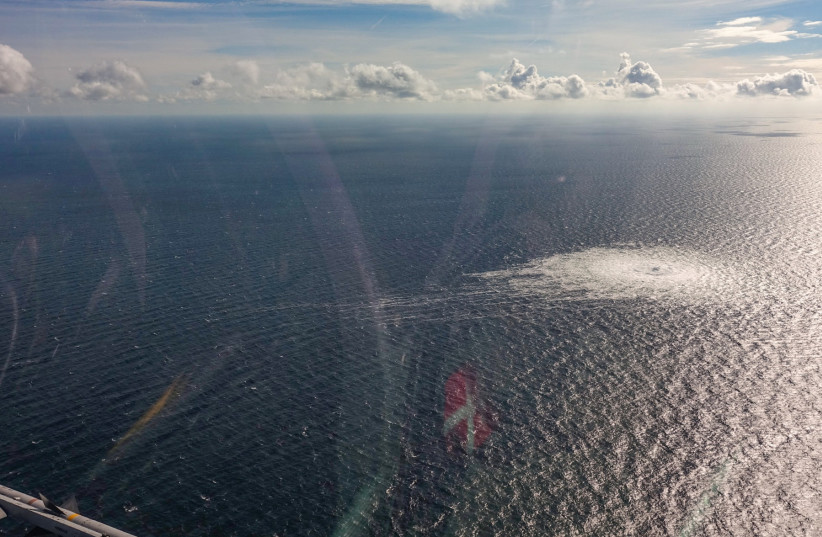Sweden's coast guard earlier this week discovered a fourth gas leak on the damaged Nord Stream pipelines, a coast guard spokesperson told newspaper Svenska Dagbladet.
"Two of these four are in Sweden's exclusive economic zone," coast guard spokesperson Jenny Larsson told the paper late on Wednesday. The other two breaches are in the Danish exclusive economic zone.
While neither pipeline was in use at the time of the suspected blasts, they were filled with gas that has been spewing out in the Baltic Sea since Monday's ruptures.
The fourth leak was on the Nord Stream 2 pipeline, in close proximity to a larger hole found on the nearby Nord Stream 1, the Swedish coast guard said.
The coast guard did not immediately respond to a Reuters request for comment on Thursday.

Suspected sabotage
The European Union suspects sabotage was behind the gas leaks on the subsea Russian pipelines to Europe and has promised a "robust" response to any intentional disruption of its energy infrastructure.
Leaks in the pipelines were detected on Monday after they burst in several locations in Danish and Swedish waters. The European Union and NATO have blamed the incidents on sabotage.
Danish police had also launched an investigation into the matter and were cooperating with police authorities in Sweden and Germany, Copenhagen police chief Anne Tonnes told a press briefing.
The pipelines contained a total of 778 million cubic meters of natural gas, which corresponds to 32% of Denmark's annual CO2 equivalent emissions, the Energy Agency said in a statement.
